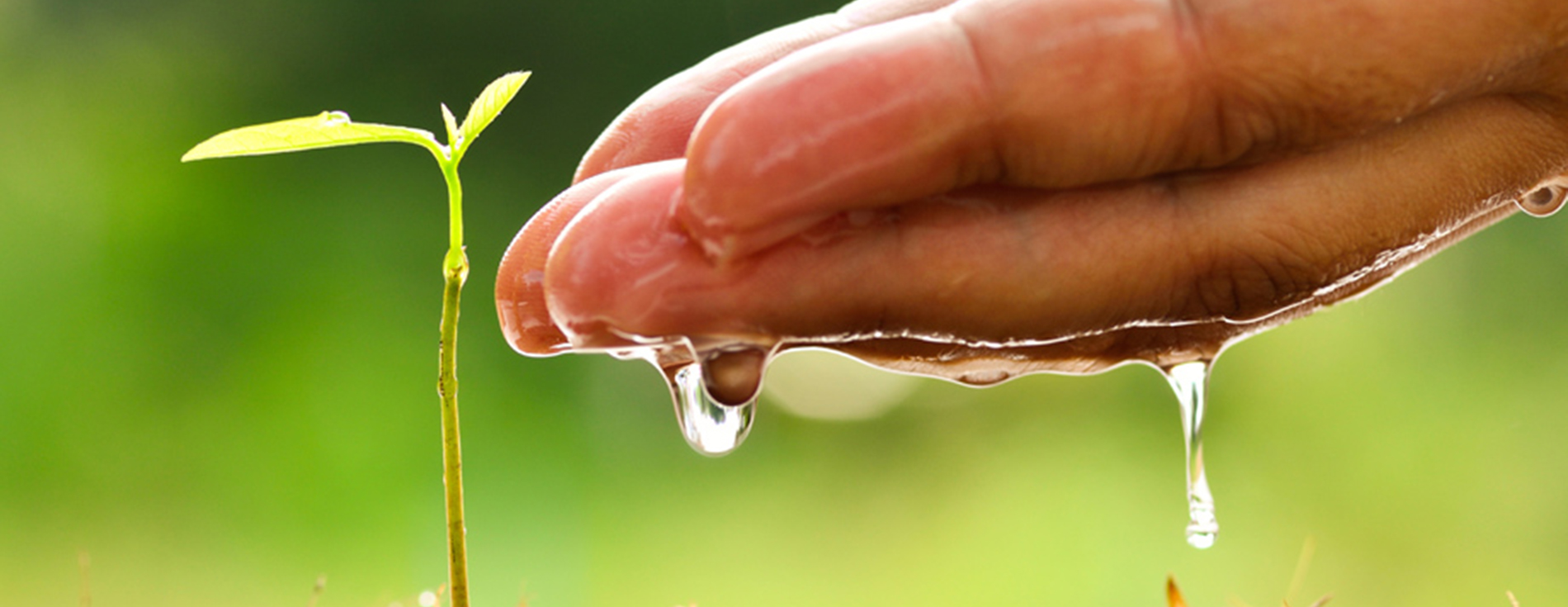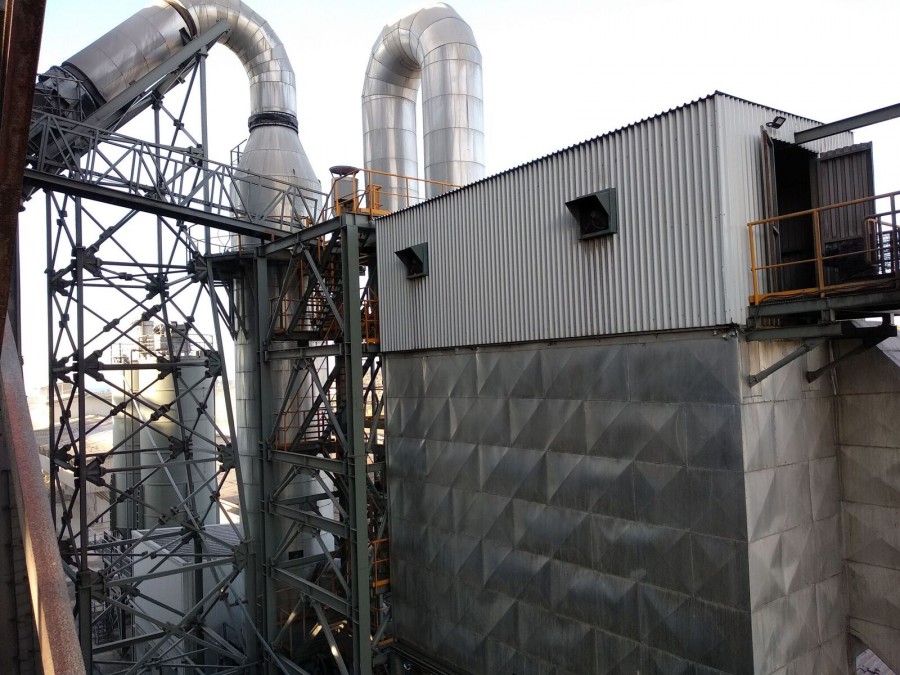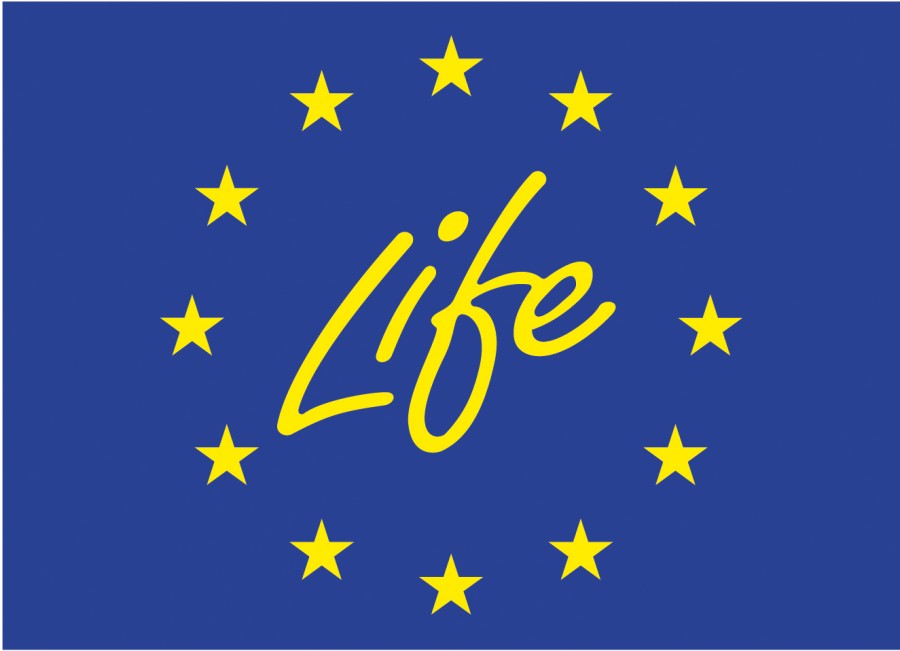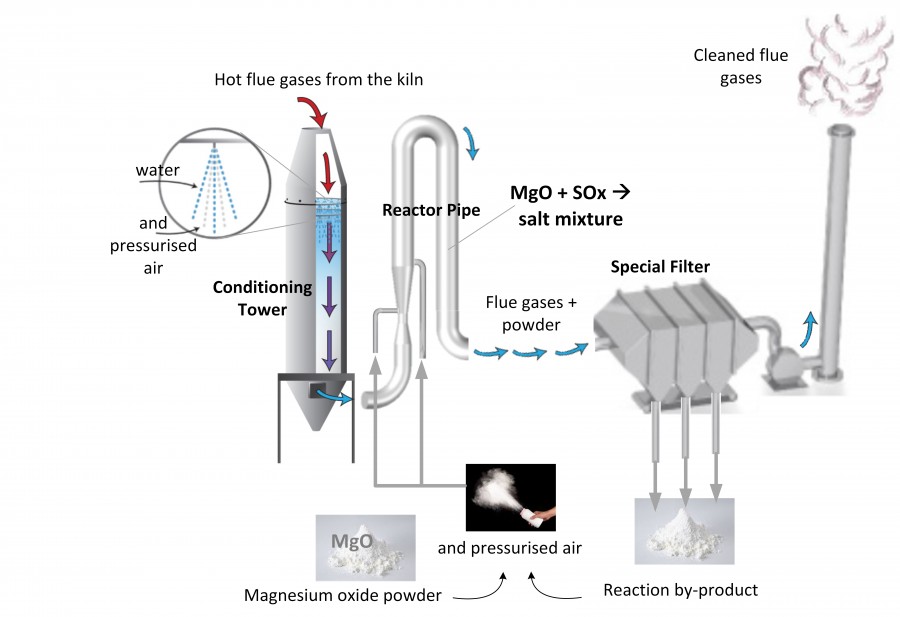
Better Life with MgO
Better Life with MgO
"Better Life with MgO" is about designing and implementing a novel air pollution abatement process for demonstration in Grecian Magnesite’s Yerakini facilities where high sulfur content fuels are used for the operation of the site’s kilns. The project is co-financed by the EU's LIFE Program.
The European Union regulates the operation of various industrial activities in order to implement its policy and protect the environment. One of the main instruments available is the so called Industrial Emissions Directive (IED, 2010/75/EU) and one of its aims is the adoption of the best available techniques (BAT) for pollution control as described in reference documents or BREFs, particular to each industrial sector. The Magnesia or magnesium oxide (MgO) production industrial sector (where Grecian Magnesite belongs to) is regulated by the IED and the relevant BREF is the so called Cement-Lime-Magnesia or CLM BREF.
One of the main air pollutants related to MgO production are Sulfur Oxides (SO2 and SO3 or SOx) which are present at increased levels in the kilns flue gases due to the sulfur of raw materials and when high sulfur content fuels are used to fire these kilns. SOx not only has an impact on human health but can also influence the habitat suitability for plant communities, as well as animal life. Sulphur trioxide emissions specifically, are a precursor to acid rain. Of course, sulfur oxides are not particular to MgO production but constitute an environmental problem across a wide range of industrial activities involving fuel combustion.
The most popular technique to reduce SOx emissions (FGD: Flue Gas Desulfurization), mainly in large installations, is wet scrubbing the flue gases using various alkaline SOx neutralization reagents. Despite its high SOx reduction efficiency, wet scrubbing is criticized for having other cross media effects with probably a total negative environmental impact. Consider that from an environmental standpoint, it is always preferable to implement sustainable pollution abatement technologies that reduce pollutant emissions and simultaneously exhibit low environmental side effects, i.e. taking into account the resources consumption (energy, water, raw materials etc.), the transfer of pollutants to other media and the generation of new waste.
Dry or semi-dry technologies are more sustainable but they still require the use of lime products or sodium bicarbonate both of which are hazardous chemicals and generate high waste volumes that are difficult to manage. MgO based reagents are being used in very few FGD installations worldwide and always only as wet scrubbing agents, suffering from cross-media effects (i.e. transforming an air pollution problem to a water pollution problem). Up to now, there is no documented reference of dry or semi-dry FGD using MgO as the main scrubbing reagent in the CLM BREF.
THE PROJECT
The project will demonstrate that a dry desulfurization technology based on MgO reagents is a positive Net Environmental Impact solution for magnesium industries, especially in those areas with limited water availability where wet technologies cannot not be applied.
A full-scale pilot plant of this novel dry FGD technique will be designed, constructed, optimized and validated in Grecian Magnesite’s Yerakini Mine facilities. The plant will treat the combustion gases generated by one of the site’s magnesite calcination rotary kilns to demonstrate that the relevant SOx emission limit values of the CLM BREF are achievable and call for the inclusion of this reference in the next revision of the CLM BREF and its replication in the magnesia sector.
The project plans to offer a positive net environmental impact solution because it will:
- use an MgO which will be produced from an existing mining by-product as the main SOx sorbent that it would otherwise have to manage as waste,
- practically prove that the FGD technique’s generated waste (i.e. a powder mixture of magnesium oxide, sulfite and sulfate – MgO, MgSO3, MgSO4) is suitable to be used as feedstock for fertilizers and/or construction materials,
- show significantly lower water and energy consumptions compared to wet technologies,
- analyze the advantages environmental and socio-economic benefits of the technology and
- replicate results inside the sector and to similar plants outside of the sector.
Greek LIFE Task force selects LIFEPOSITIVEMgOFGD as LIFE project of the month: follow this link


